Who Will Sit on the Holy See After Pope Francis: Main Contenders and Election Rules
Kyiv • UNN
Pope Francis died on April 21, 2025, at the age of 88, starting the Sede Vacante period. The election of the new pontiff will be held by cardinals at a conclave, where candidates from liberal and conservative forces will compete.

After the death of Pope Francis at the age of 88, the traditional question arose: who will next sit on the Holy See. The upcoming papal election could become a serious arena for confrontation between the more liberal wing of the Catholic Church and their more conservative colleagues, writes UNN with reference to Express.
Vacant See
Sede Vacante (vacant see) is the period when the Holy See is not occupied by a pontiff (i.e., the period between the death or resignation of the Pope and the election of his successor).
The phase of the vacant See begins when the Cardinal Camerlengo ascertains the death of the Pope in the following manner: he strikes the deceased pontiff's forehead three times with a silver hammer, calls him by his baptismal name, and asks for a response. After the Pope does not respond, the Cardinal Camerlengo pronounces the phrase: Vere Papa mortuus est ("The Pope is truly dead"), and the papal see enters the period of Sede Vacante.
During the period of Sede Vacante, all officials of the Roman Curia are relieved of their posts, with the exception of three persons: the Camerlengo of the Holy Roman Church, the Dean of the College of Cardinals, and the Major Penitentiary. During this period, the Holy See and the Roman Catholic Church are governed by the College of Cardinals, headed by the Camerlengo, who is the administrator of the head of the Holy See.
How the Papal Election Will Proceed
Cardinals from around the world arrive in Rome after the death of the pontiff. They will hold daily meetings, known as general congregations, to discuss church affairs and outline the characteristics that, in each one's opinion, the new Pope should possess.
Cardinals over 80 years old may attend general congregations, but they are prohibited from entering the conclave for the election of the next Pope, which is a gathering of cardinals under 80 years old. A significant part of the discussions takes place during personal interaction among the cardinals.
Pope Francis has died21.04.25, 10:57 • 47556 views
Traditionally, a 15-day mourning period is observed before the start of the conclave. Before resigning in 2013, Pope Benedict XVI changed the constitution regarding elections to allow the process to begin earlier if the cardinals wished, or at the latest within 20 days after the death, if some cardinals had difficulty reaching Rome.
The conclave takes place in the Sistine Chapel. Before the two conclaves in 1978, which elected John Paul I and John Paul II, the cardinals stayed in temporary rooms around the Sistine Chapel.
After the 2005 conclave, which elected Pope Benedict XVI, they voted in the Sistine Chapel but stayed at the Santa Marta guest house, which has approximately 130 rooms. The cardinals are transported by bus to the Sistine Chapel from the Santa Marta house.
What is a Conclave
The word "conclave" comes from the Latin "with a key". Its origins are rooted in a tradition that began in the 13th century when cardinals were locked in to force them to make a decision as quickly as possible and limit external interference.
These days, participants are forbidden from any communication with the outside world. Phones, the Internet, and newspapers are prohibited, and Vatican police use electronic security devices to ensure compliance with the rules.
Except for the first day of the conclave, when one vote takes place, cardinals vote twice a day.
Who was Pope Francis and what did he say about Ukraine21.04.25, 11:55 • 55911 views
A two-thirds plus one majority is required for election. If no one is elected after 13 days, a second round is held between the two leading candidates, but the required two-thirds plus one majority is maintained. This will promote unity and prevent the search for compromise candidates.
Who Can Become Pope
Here are six possible contenders for the position of Head of the Holy See, known as "papabili". One of them could become the new head of the universal Catholic Church:
- Cardinal Luis Antonio Tagle: the former Archbishop of Manila, the Filipino prelate is a long-standing contender for the papacy.
Tagle is considered a representative of the left wing and has not been shy about expressing liberal views, criticizing the Church's view on divorce and same-sex relationships. In this sense, he is likely to continue Pope Francis' ongoing attempts to modernize the Church's worldview and focus on promoting social justice.
- Cardinal Pietro Parolin: an influential top Vatican diplomat with moderate views.
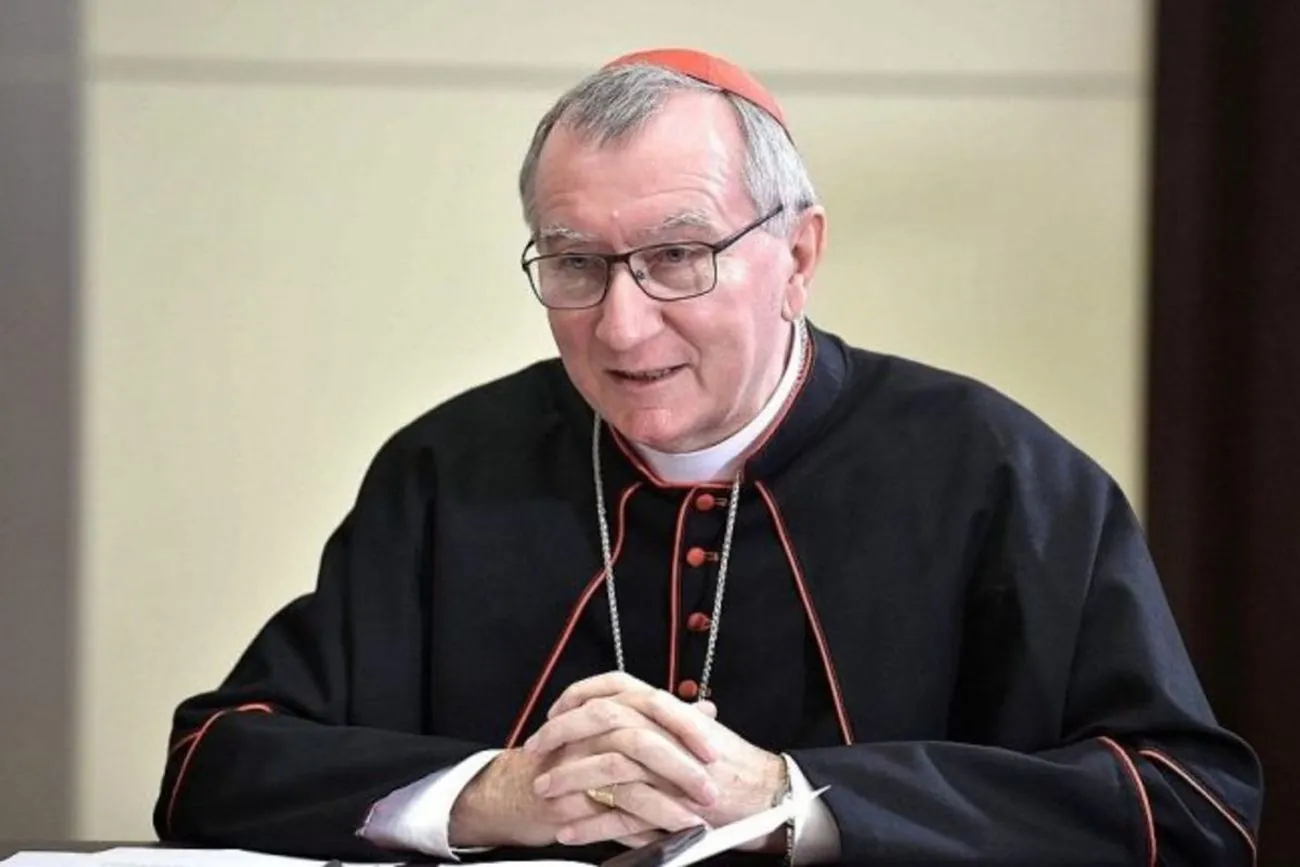
Parolin, who is now 70, supports a liberal worldview and recently stated that he hopes for an "end to the suffering of the Palestinian people" and also called on Europe to "rediscover itself" to be able to face the "main challenges" of the era.
- Cardinal Wim Eijk: the former Dutch doctor is considered the main conservative rival opposing the progressive wing of the Church.
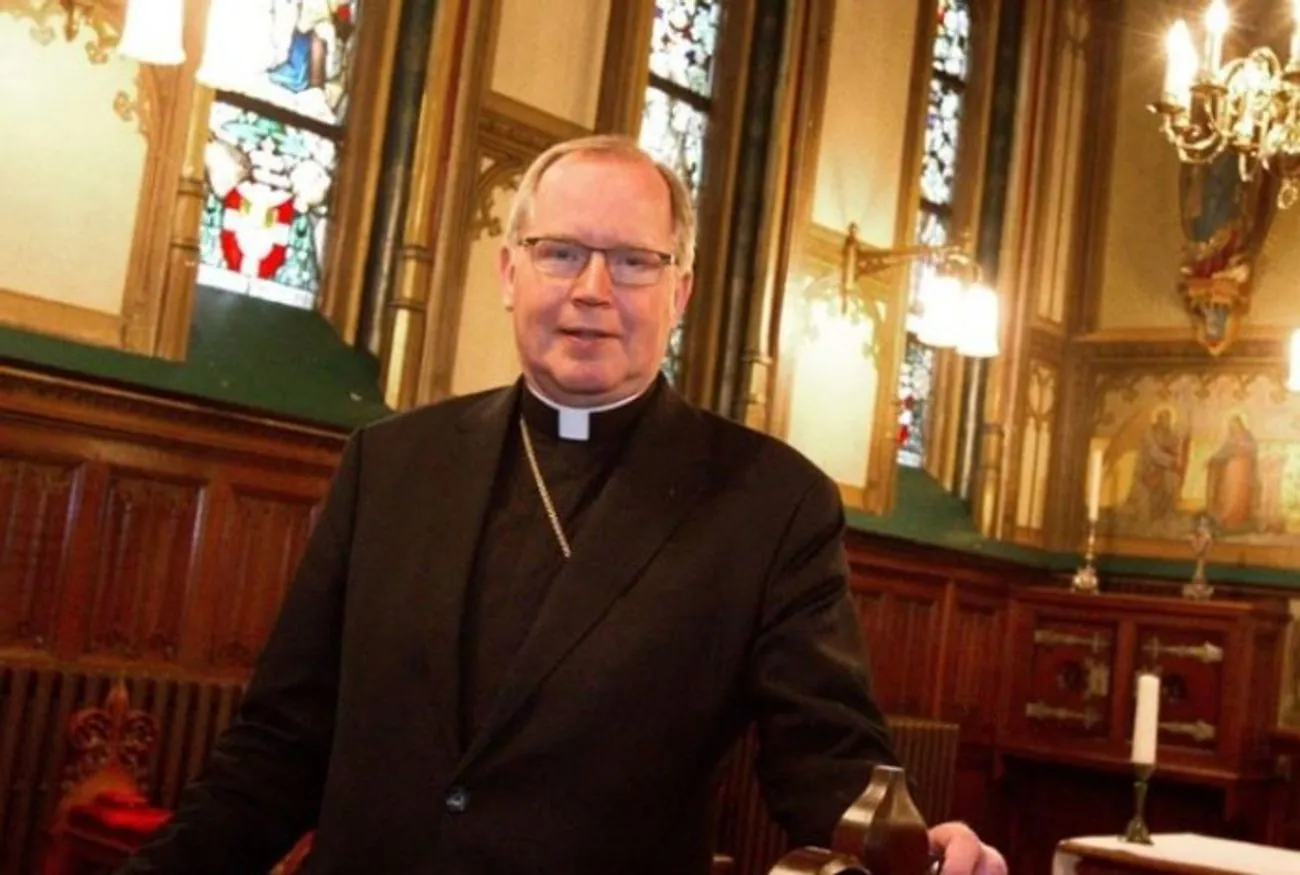
He strongly opposed Pope Francis over his endorsement of civil unions and also criticized the Pope for his failure to reject a proposal that would allow Protestants to receive the Eucharist in Catholic churches.
- Cardinal Fridolin Ambongo Besungu: the Archbishop of Kinshasa is best known for rejecting Pope Francis' declaration allowing priests to bless unmarried and same-sex couples.
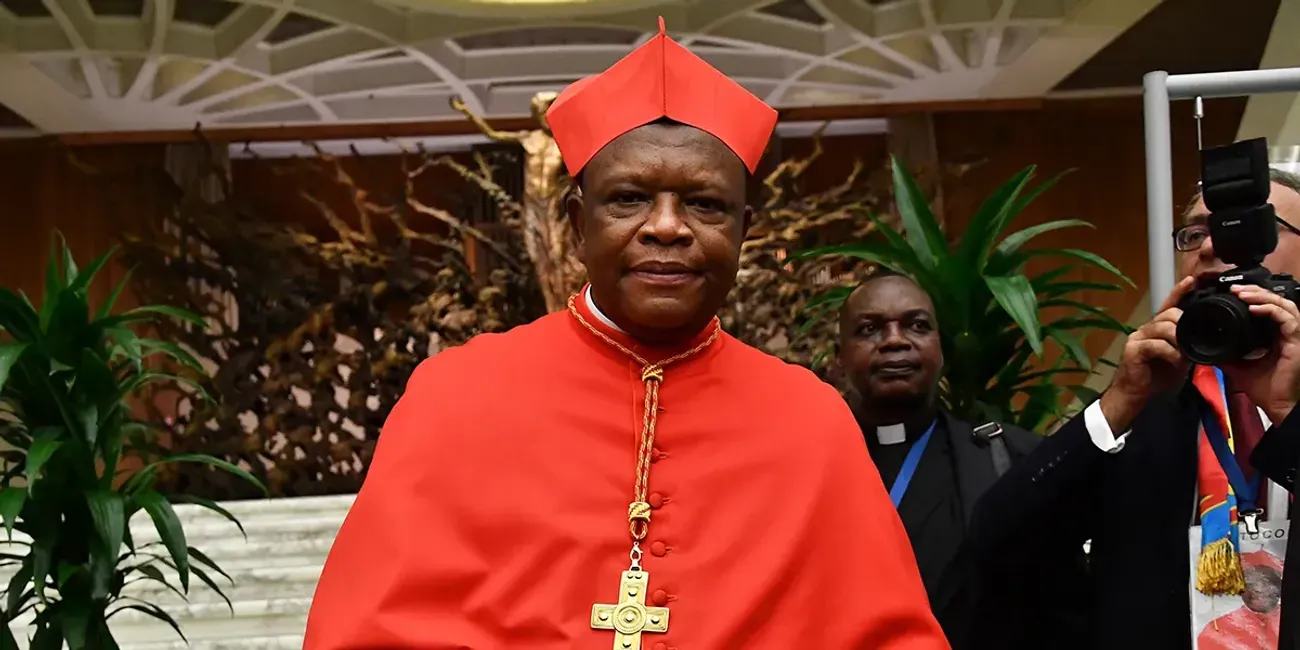
As he represents the culturally conservative African wing of the church, his election would be a shocking rejection of Pope Francis' attempts to update the image of Catholicism in recent years.
- Cardinal Péter Erdő: a Hungarian, previously opposed divorced or remarried Catholics receiving Holy Communion.
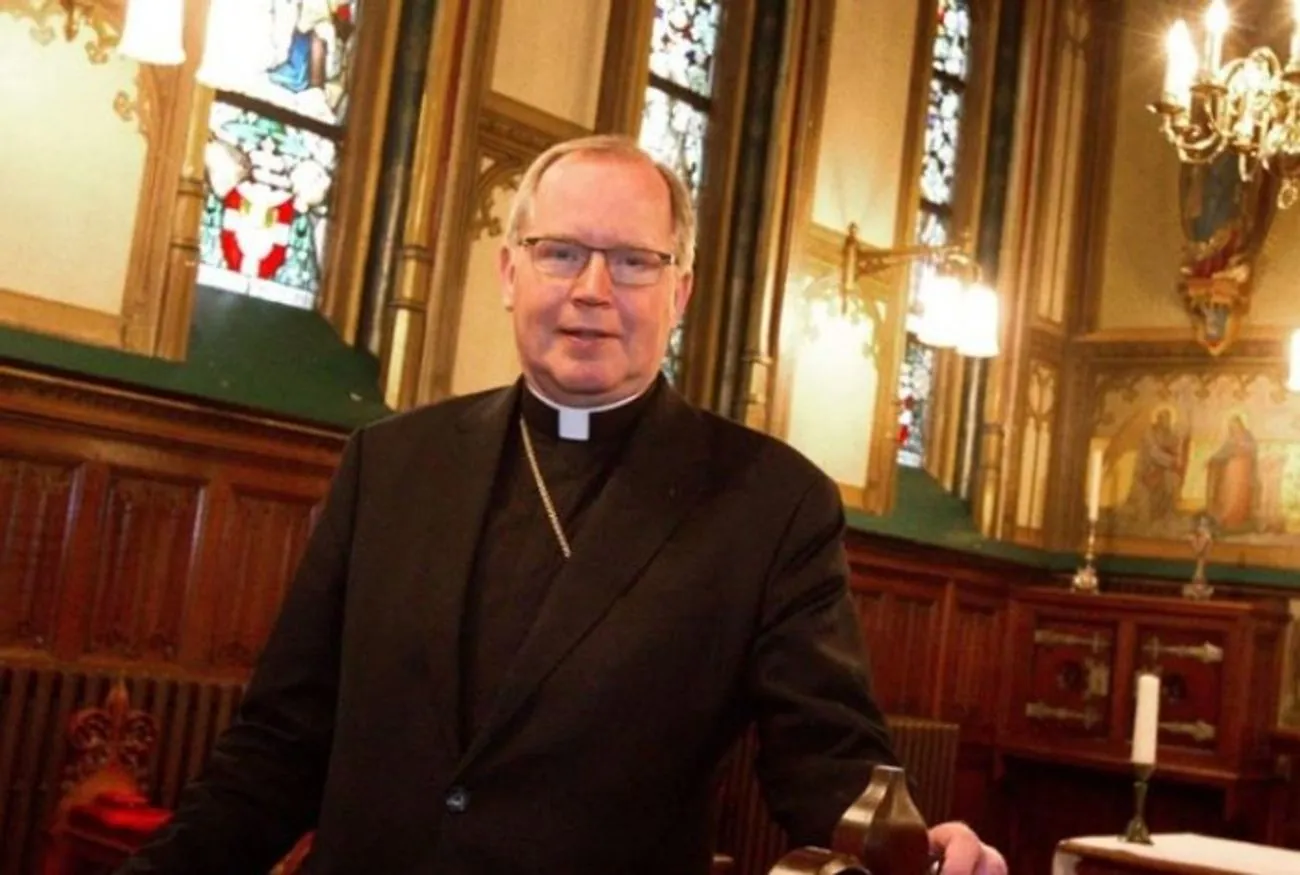
He was a clear opponent of European countries accepting refugees. Considered close to Hungary's authoritarian leader Viktor Orbán, he also opposed mass migration.
- Cardinal Raymond Burke: The 76-year-old Burke, an American conservative, previously challenged Pope Francis' allowance for divorced and remarried Catholics to receive the Eucharist.
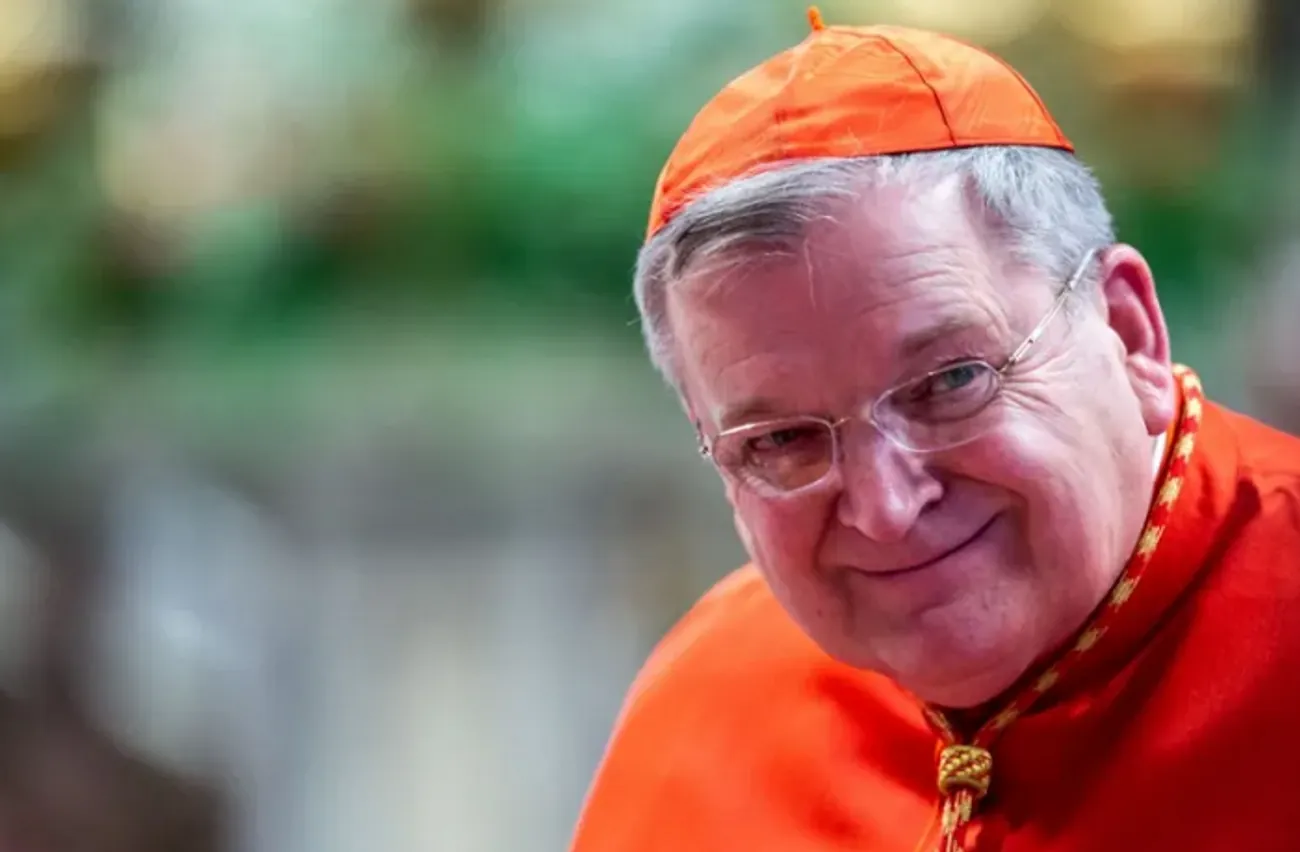
He has also challenged the Church on its recent stance on contraception, homosexuals, and civil unions. Reportedly, in November 2023, Pope Francis evicted Burke from his subsidized Vatican apartment and canceled his salary as a retired cardinal.
Pope Francis has died: how world politicians reacted21.04.25, 12:31 • 5521 view
Recall
The Vatican announced the death of Pope Francis. Pope Francis died on Easter Monday, April 21, 2025, at the age of 88 in his residence in the Vatican's Santa Marta house.